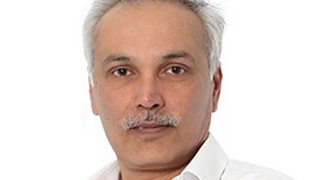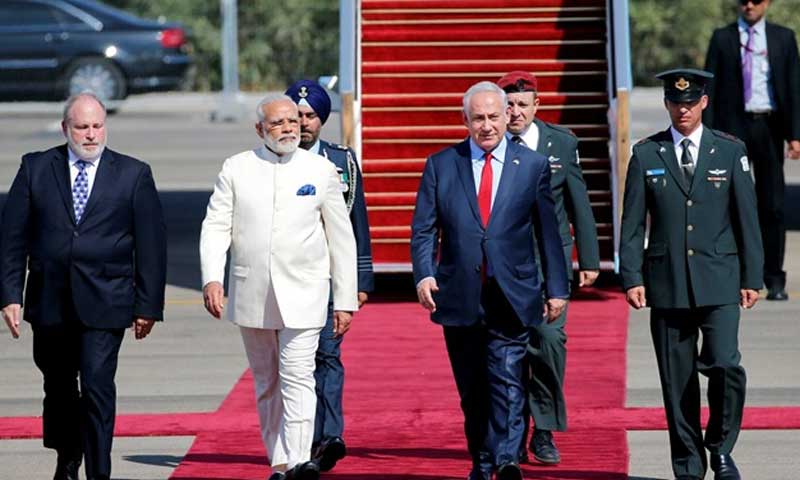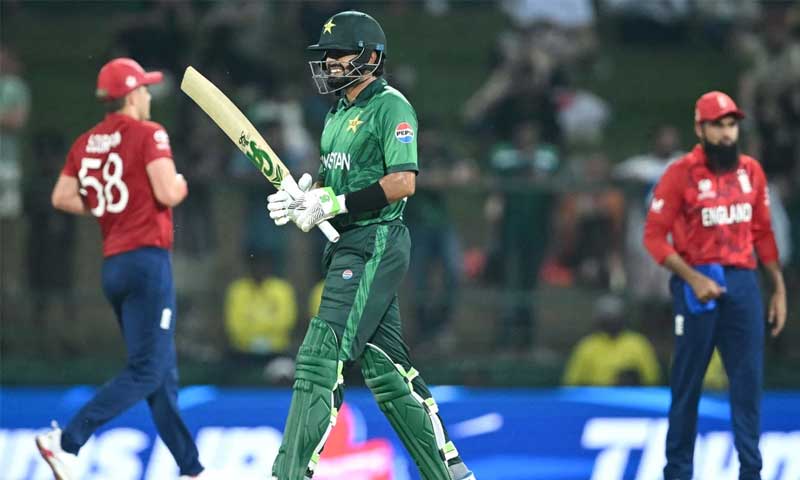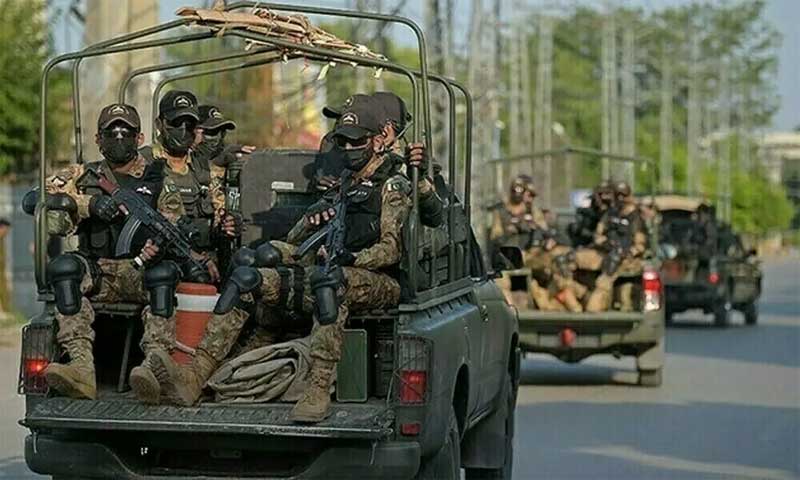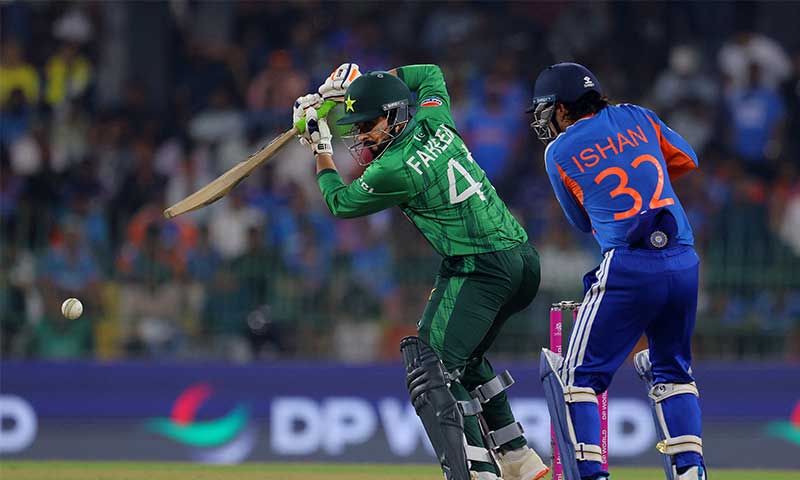- Web Desk
- Feb 26, 2026
Beyond the battle for a winning narrative
In the days leading up to the announcement of the election schedule, a lot was said about our political parties’ search for a “narrative” – the new buzzword in our politics that is expected to define every contesting group’s election campaign. One common perception was that every political party, save Imran Khan’s PTI, lacks one and that in itself puts the PTI at an advantage versus the rest despite all the legal wrangles woven around its founder.
The obvious and not so obvious issues in this hunt for a narrative are particularly pronounced in the case of Mian Nawaz Sharif’s PMLN. From his adamant declaration that the sins of our past should not be left unpunished – a belligerent stance that sent both his daughter and his brother scampering back to London to calm the big man down before his return to motherland – to a half-hearted harp back to the supposedly glory days of PMLN’s third government between 2013 and 2018, the party still appears somewhat undecided on which of these may offer a better return.
Sharif may not be as much of a rabble rouser as his principal adversary, but his instinct for politics is far stronger than Khan’s. Deep down in his guts, he understands the psychology that makes a certain kind of politics go viral. Plan, build and prosper may be great words and may even constitute a remedy for Pakistan’s many ills, but they have nowhere near the power of avenge, destroy and dream. It doesn’t make sense but that is how politics works. The promise of radical change far outflanks a lament over derailed progress when it comes to the emotional battlefield of electoral politics.
Not that the PPP is faring any better. From painting Sharif as the new ladla, to squabbling over visions old and new, the party seems to have become the audience of its own theatre. Everyone, from senior party leaders to expectant workers across Pakistan, seems to be struggling to understand, far less explain, the sudden emergence of seemingly irreconcilable differences in the vision of its father-son mind.
As the son contemplates his dad’s early retirement, the latter is showing no qualms about publicly admitting that his son may still be short of the maturity levels required to navigate our political landscape.
For its part, the PTI continues to mistake its founder for its vision as well as its sole narrative: Imran Khan will not run away. Imran Khan will not compromise. Imran Khan stands alone against all mafias combined. Imran Khan is inevitable. With every passing day, the chant becomes more and more obsessive, as if the intent is to turn it into an impenetrable fog that can obfuscate the devastation he has caused within his own party with his go-viral rhetoric.
Democracy, though, has its own ways of dealing with any politics forced to follow its processes. Irrespective of how much our political parties may exert themselves to adopt a particular narrative, their conduct in the process seems to be telling us more about them than any adopted narrative possibly can.
As the various deadlines set forth in the election schedule loom, we can already see a mirror emerging through the dust kicked up by the battle for a winning narrative, a mirror that is offering us glimpses of what each of our political parties truly is.
If we shine this mirror on PMLN, we don’t see a party whose leader was wrongly ousted from power, wrongly incarcerated, but having suddenly found justice, is now preparing to pick up his good work from where it was wrested from him. Instead, we see a party wrangling for electables, wracking its brains for a formula that can help it ride the same bandwagon as the newest of the king’s parties, the IPP, struggling with accommodating competing favourites nominated by the brother, the daughter and other senior leaders – very much the business-like approach that aims to maximise profit and an approach that turned it into a major political player some 30 years ago.
Turn to PPP, and the mirror shows you a young leadership held hostage to opportunism masquerading as experience and wisdom – a picture not unlike the one Benazir Bhutto found herself staring at long before she became the Mohtarma of Pakistani politics. One wonders how many of our young voters are even aware of her speech the first time she became Pakistan’s prime minister. It is littered with sounds very similar to what we hear emerging from her son these days.
And finally, turn it to PTI and all that one can see in the reflection is an unwavering commitment to going viral; it doesn’t matter if the ingredients required to do so are the very toxin that has kept us socially, politically and economically paralysed for as long as we have been around.


